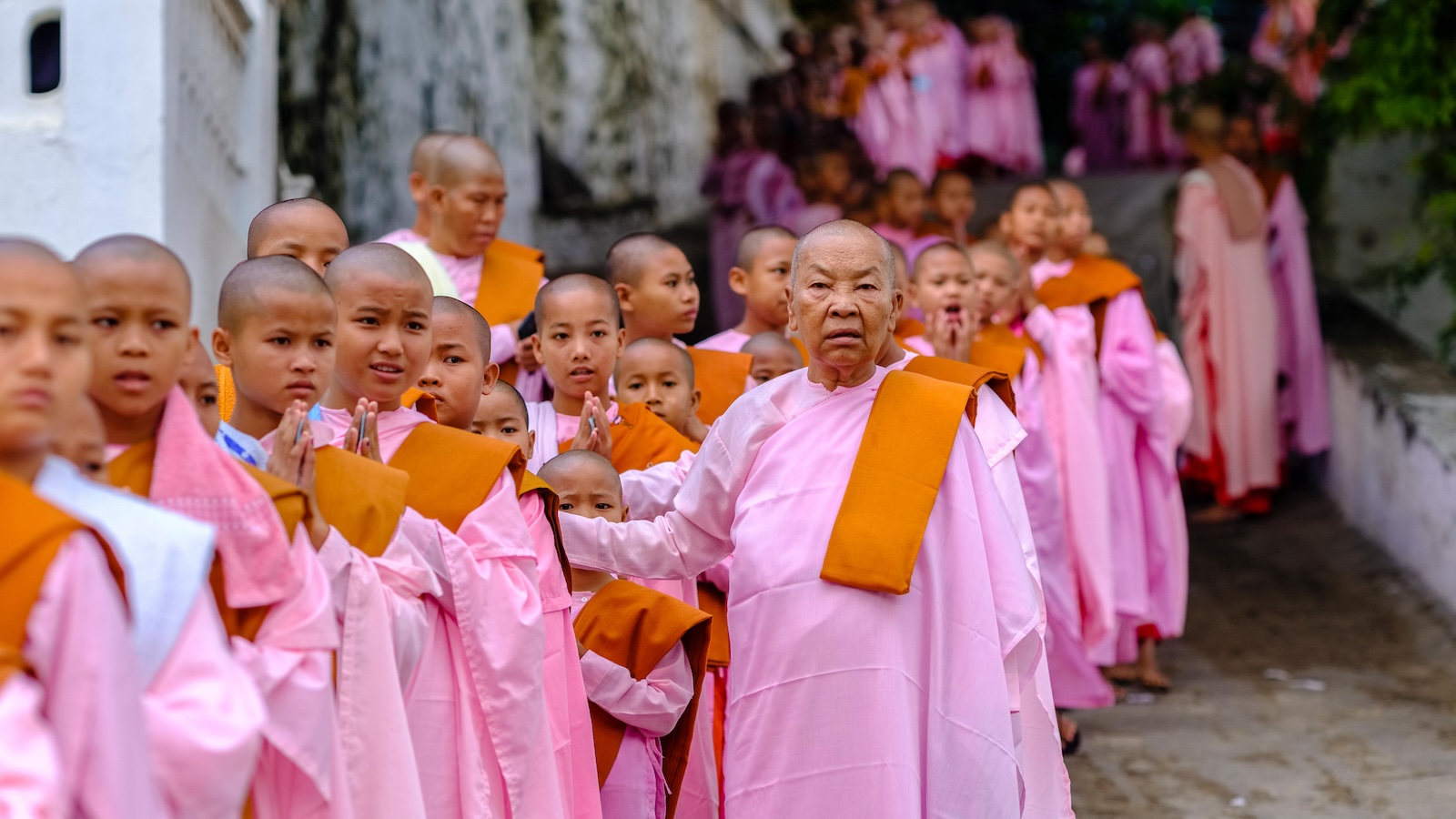Mapping of Faith-Inspired Organizations by World Region and Country

Country Mapping: Sri Lanka
Sri Lanka evokes sharply contrasting pictures: an international development model, mired today in deep crisis; a rich multicultural tradition, today riven by deep divides; an educated, creative population that today faces sharp increases in poverty and insecurity. Sri Lanka is a deeply religious society whose public institutions operate with at least a veneer of a largely secular ethos. The dominant religious traditions, especially Buddhism, profess commitments to peace, yet are intertwined in a national history laden with strife and violence. Deep crises have disrupted many ongoing approaches as well as assumptions. Against this complex background, official development policies rarely speak to the positive assets of religious traditions. In practice policymakers, Sri Lankan and their international partners, engage with religious institutions on strategic national development in a highly piecemeal fashion.
This project, funded by the Templeton Religion Trust, aims to strengthen strategic religious engagement and practical operational models, focusing on the thematic areas of education and support for society’s most vulnerable. It is part of Towards Better Strategic Religious-Development Engagement: Exploring and Comparing Challenges through Education and Social Protection, a project conducted by the World Faiths Development Dialogue with support from the Berkley Center for Religion, Peace, and World Affairs at Georgetown University and the Joint Learning Initiative for Faith and Local Communities.

Project:
Leader

Senior Fellow
Walsh School of Foreign Service, Executive Director of the World Faiths Development Dialogue

